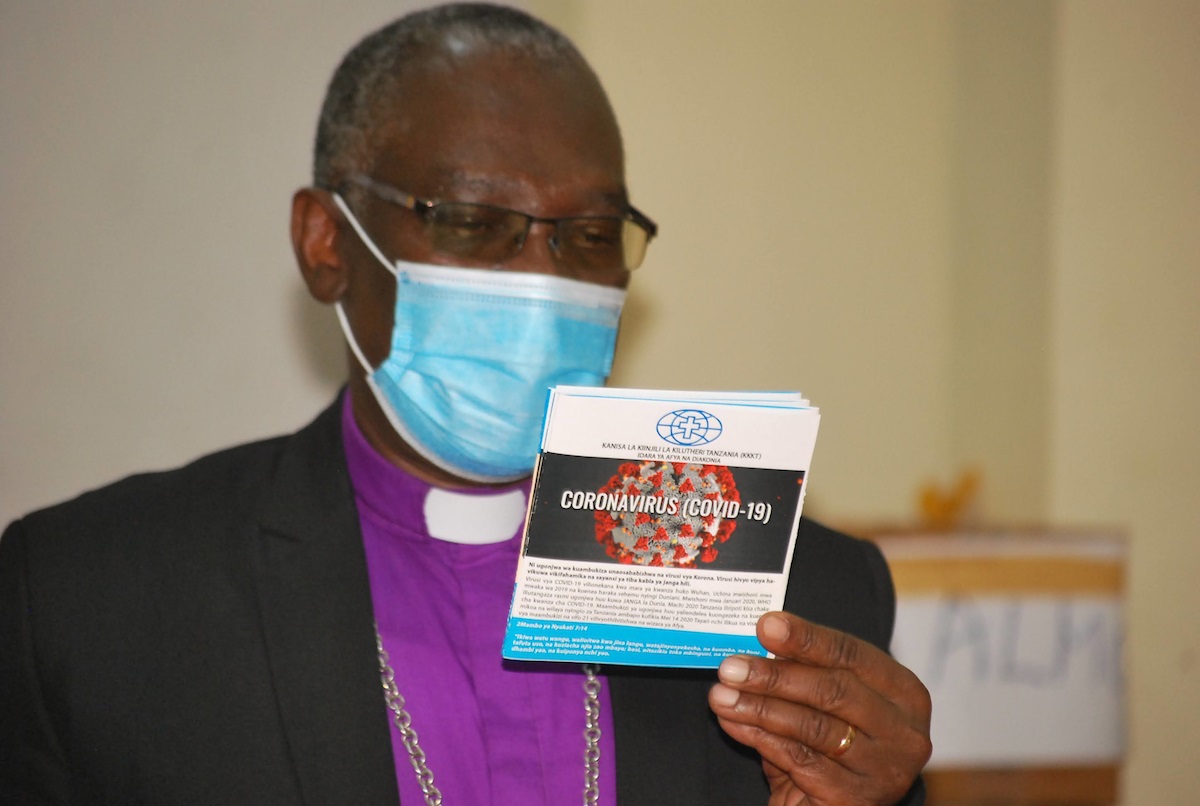It is now over one year since the COVID-19 pandemic turned the world upside down. ACT, together with Religions for Peace, issued a joint statement on COVID-19 on March 26th 2020 in the early days of the pandemic, and has continued to work on responding to COVID-19 ever since. In this article, we would like to reflect on and share what has been achieved in our global response to this unique challenge.
Appeals and Rapid Response Funds
ACT established coordination mechanisms at the global, regional and national levels by the end of March 2020, and then launched a Global Appeal with a budget target of USD 12,000,000 on 31st March 2020. The appeal incorporated both Rapid Response Funds (RRFs) and appeals to meet the needs of communities as identified by ACT members in many countries.
First projects announced in May 2020
Over 35 national members submitted proposals to the RRF. On 7th May 2020, ACT announced funding to the first 14 projects, totaling over 1.2 million USD in programming. Through the projects, ACT members supported national health services, working with faith leaders in providing accurate and timely information to communities, and other vital responses to the first wave of the pandemic. They provided sorely needed support to the most vulnerable people in communities with a focus on gender justice. Here is the full ACT appeal.
Sub-appeals
In July 2020, ACT Alliance launched the first six sub-appeals within its overall Global COVID-19 Appeal to respond to the unique situation in each of the countries to address a variety of needs. At the beginning of September 2020, in an update the launch of a total of 16 Sub-Appeals under the Global ACT Appeal was announced. In addition, three more Rapid Response Fund proposals were approved, resulting in a total of 17 projects under the RRF.
ACT’s impact in communities
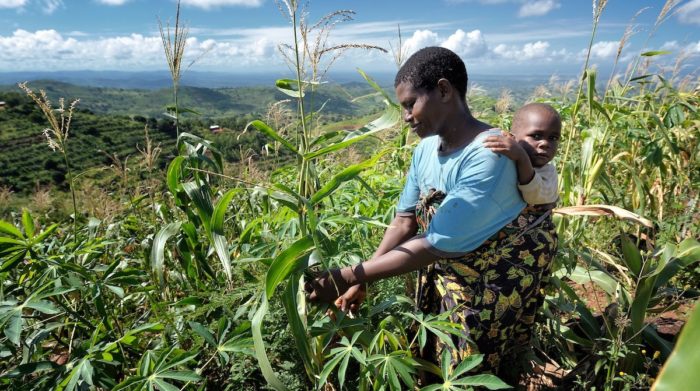
Photo Paul Jeffrey
Africa: Malawi (Rapid Response Fund, Budget Approved USD 91,627)
In Malawi, Christian Agency for Rural Development (CARD) and Evangelical Lutheran Development Service (ELDS) provided an awareness campaign to reach 2.4 million people with accurate information about COVID-19 and its prevention. They also worked with local faith leaders to provide psychosocial support to affected families.
Besides that, the ACT Alliance Malawi Forum and the Malawi Interfaith AIDS Association (MIAA) formulated a faith platform on COVID 19 Response in Malawi to enhance coordinated response to COVID 19 among the faith actors. The platform is committed to providing support to strengthened multireligious actions and community mobilization, countering the COVID 19 pandemic and mitigating its impact.
The Forum also published the “COVID-19 Joint Faith Community Response and Adaptation Framework” with support from Christian Aid, as well as a Faith Leaders’ COVID-19 Platform Meeting Report and a Joint Press Statement.
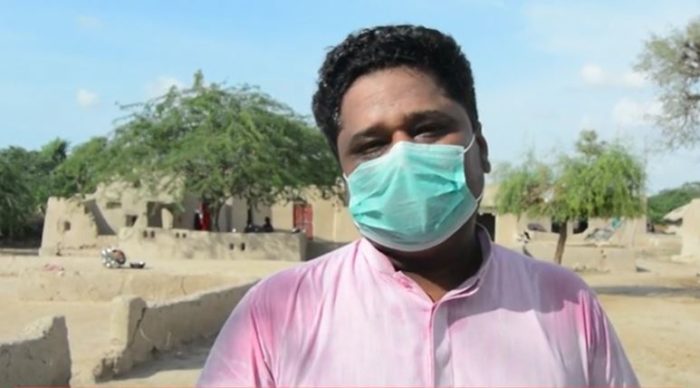
Screenshot video CWSA
Asia: Afghanistan and Pakistan (Sub-appeal, Budget requested: USD 3,702,121)
Five ACT members are engaged in a year-long programme which will end on July 31, 2021. The objectives are to strengthen the public health system and the community engagement in selected provinces of the two countries and to prevent the spread of COVID-19. 13,000 vulnerable households received cash resp. vouchers assistance to cover all the essential needs. Over 10,643 households (74,500 individuals) and communities were enabled to practice good hygiene at individual and collective levels by using safe, appropriate and adequate water, sanitation and hygiene services. In order to strengthen their mental and emotional wellbeing and better cope with the situation, 2,500 individuals are receiving psychosocial support.
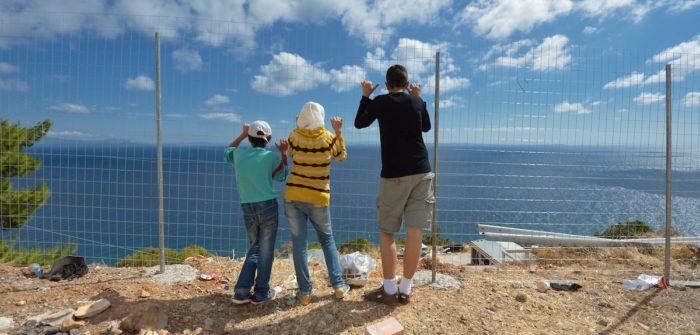
Photo Paul Jeffrey
Europe: Greece (Sub-appeal, Budget requested USD 498,151)
The sub-appeal of the Europe Forum focused on most vulnerable Greeks and refugees living in the capital Athens over nine months (1st July 2020 until 31 March 2021). The ACT members assured access to humanitarian assistance and protection services for refugee and local groups particularly vulnerable to the pandemic. They focused on improving essential food supplies for people in the urban areas suffering from poverty as well as on the supply of personal hygiene items for refugees living in camps. In the midst of the pandemic, refugee and migrant adults and minors were empowered with continued access to non-formal education and vocational skills to prevent school dropout, to promote integration and grant access to the labor market.
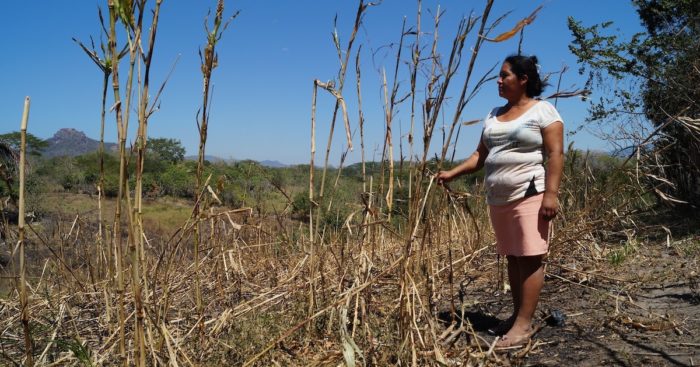
Photo Brenda Platero
Latin America: El Salvador and Nicaragua (Sub-appeal, Budget requested US$, budget received: USD 191’180)
The COVID-19 pandemic has hit El Salvador and Nicaragua hard – not just in economic, but also in social terms. They are not under lockdown, but economic indicators show a slow-down in the general economy that is mainly affecting the most vulnerable: those working in the informal sectors and the population living in high density areas. The economic gap between rich and poor people is getting wider.
The vaccination process is going on in both countries, although it is tainted by lack of access to information and complicated logistics. There are digital gaps because platforms to get information in some cases depend on internet or mobile phone access. And finally, there are no updated, reliable data on vaccines and casualties.
The work related to mental health and psychosocial attention is not framed by these facts. It’s a vicious circle between the need of psychosocial wellness and economic stability.
In both countries, the ACT-members between November 2020 and September 2021 are concentrating on access to clean water, hygiene and biosafety measures as well as on psychosocial support. At least 1200 people (families and vulnerable groups) are getting the necessary resources to reactivate their livelihoods or undertake new productive initiatives that allowed them to guarantee a life with dignity. 700 beneficiaries (each one representing a household) attended three workshops on psychosocial support in order to replicate the learnings in their family with the help of a promoter team. In order to prevent gender-based violence (GBV), gender justice workshops raised the awareness of nearly 300 focus persons who are now able to identify, prevent and report GBV-cases.
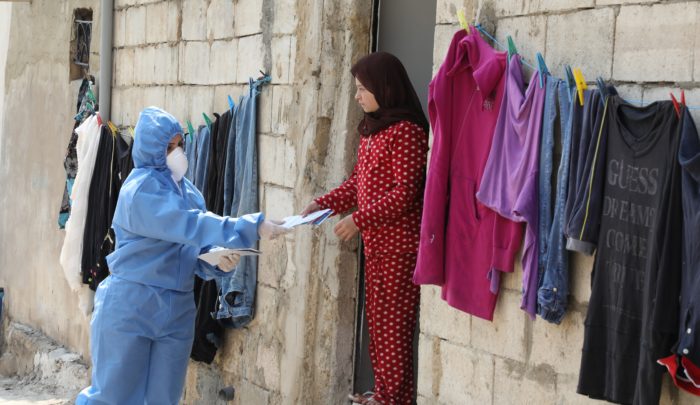
Photo NCA Lebanon
Middle East/Northern Africa: Lebanon (Rapid Response Fund, Budget approved: 99,933 USD)
The Department of Service to Palestinian Refugees of the Middle East Council of Churches (DSPR-MECC) targeted 440 households in four different areas of Lebanon, including Syrian families living in the camps. The project originally was carried out from October 2020 to January 2021, but later was extended to March 18 because the 2nd round of distribution was delayed due to the lockdowns in Lebanon. It consisted of cash grants for food, drinking water, medicines, hygiene kits, and rent subsidies.
A separate RRF project launched after the disastrous bomb blast in Beirut (USD 150’000) (for both DSPR and MECC) included hygiene supplies and protective equipment in order to prevent the spread of COVID-19. Later the Lebanon Forum developed an appeal to continue the response. “ACT Alliance gave us our first support from their emergency funds [Rapid Response Fund] while we approached other donors for help”, said Sylvia Haddad of ACT member Department of Service to Palestinian Refugees (DSPR)’s Joint Christian Committee for Social Service in Lebanon (DSPR-JCC).
Advocacy and resources
A global action as well as regional multistakeholder meetings to address COVID-19 took place throughout 2020. The 7th Annual Symposium on the role of Religion and FBOs in International Affairs focused on accelerating Gender Equality, Equity and Justice on the background of a world changed by the pandemic. ACT was an early leader among FBOs in advocating for equitable access to vaccines (link to advocacy statement).
The COVID-19 page on the ACT website offers all kinds of news, resources and guidelines on the pandemic and its consequences.
Outlook
Since the outbreak of COVID-19, ACT Alliance called people, governments, multilateral institutions and civil society organizations, including faith communities, to take decisive and forward-looking actions regarding the COVID-19 pandemic. ACT Alliance’s General Secretary Rudelmar Bueno de Faria says: “The battle to leave no-one behind has become more challenging. My biggest hope is that at the end of this pandemic, we can say that we found innovative and effective new partnerships and collaborated with all kinds of different stakeholders and faith-actors in order to reduce inequality and discrimination world-wide.”
